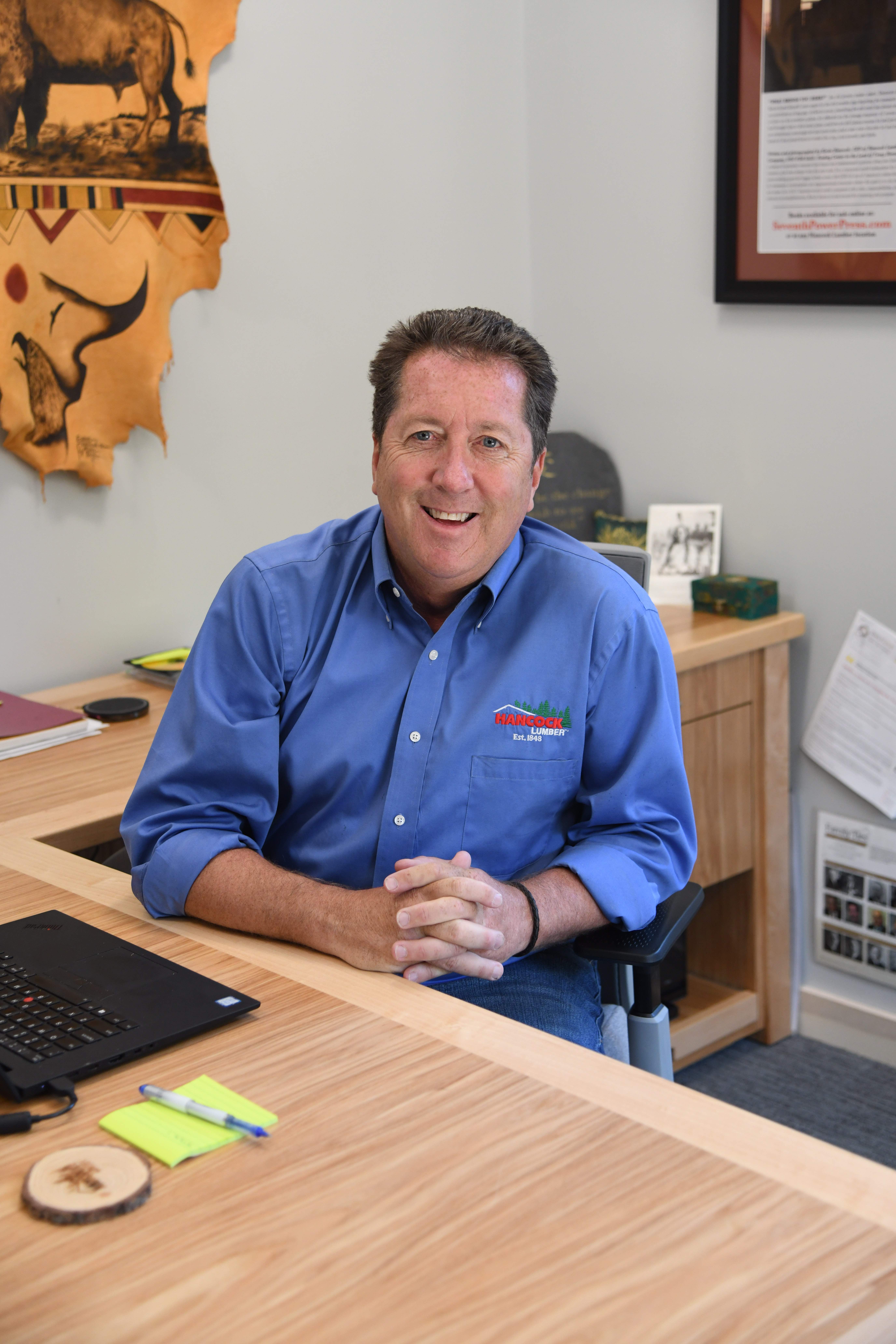While it’s difficult to write about a situation that is highly fluid, I do believe that certain themes are emerging with respect to Coronavirus that carry important messages for the future.
First, regarding mitigation and prevention of spread, it is clear that this is a task that must involve everyone. My passion with respect to leadership is power dispersal and the creation of a work culture that includes and respects all voices. Our company has 525 employees working across 14 sites. Those sites are manufacturing facilities and product distribution centers. While some work can be done remotely, for us to operate a meaningful percentage of our team must be on site.
I have been inspired to see the collective work of our employees in recent days as they develop and implement localized ways to stay clean, stay spaced, and stay strong. Each site team is developing its own systems to fit its own unique circumstance united by a shared set of values. Command and control bureaucracy is too slow, too generalized, and to limiting. Local leadership is faster, form fit, and dynamic in ways that cannot be pushed down from the top.
While the current focus must remain on the essentials of virus prevention and slowing the spread here and now, it’s hard not to begin to contemplate the long-term consequences and learnings that Coronavirus offers. For me, three modern truths that have been on my mind for some time are being accentuated.
First, humanity is no longer a collection of independent and isolated local tribes. Humanities largest challenges and opportunities are global – what effects one now effects all. As a result, winning is only winning if it benefits everyone. But as a planet of traditionally divided humans we are not yet prepared for this new reality, and it shows. Our governing systems are still tribal and local. Under duress, we revert to nationalism with its false allure of safety. But there is no future in isolation because there is no ability to isolate. Coronavirus reinforces this. Today we need global systems but this requires local and national leaders to do something leaders traditional hate to do – transcend their past grievances, share power, and collaborate.
Second, we must use good times to prepare for bad times. The housing and mortgage market collapse of 2006-2009 taught me this important lesson. In stable times of economic strength and relative peace, societies must strengthen their balance sheets, create the capacity to sustain the unexpected, and invest in the fundaments of emergency readiness. Yet as a nation we chose to run federal budget deficits in healthy times – prioritizing short term crowd pleasing over long term discipline and preparedness. With respect to our health care systems, they must be built for crisis and extremes so that they can flex and function optimally when they are needed most.
Finally, and most importantly, we humans need to fundamentally shift how we see ourselves. I have spent a good bit of time with the Lakota Sioux tribes on the northern plains and their view of our interrelatedness and connection to the earth is a paradigm shifting perspective that humanity needs to reacquire. The Lakota use the phrase Mitakuye Oyasin, which translates to mean “we are all related” or “all things are one thing”. In that wisdom is a simple truth. Humans are of the earth not above it. We are a manifestation of nature not removed from nature. With this understanding comes fresh perspective. What happens to humans is happening to the earth – for we are nature. Coronavirus is nature speaking. So what is nature saying? It’s saying we are moving too fast and underestimating our own power to create and destroy.
Think about what Coronavirus is requiring us to do. Slow down. Catch our breath. Create some space. Regain some balance. Look globally not just locally. Transcend tribal divisions, make peace, and collaborate. Awaken and look beyond our narrow lanes. Coronavirus is a short-term danger with a long-term message and gift. It reveals the path.
Humans unfortunately often still require hardship in order to change. Humanity will navigate the short-term mitigation of this particular virus. The question then becomes – what happens next? Will it be business as usual or will this be a tipping point for fundamental – global change. We are all brothers not enemies and we are all connected, not divided. The illusion of separateness must be transcended or its lessons will be repeated. There is an invitation for change being extended by Coronavirus. Once the dust settles, hopefully a critical mass will heed its call and learn to see the world anew.


